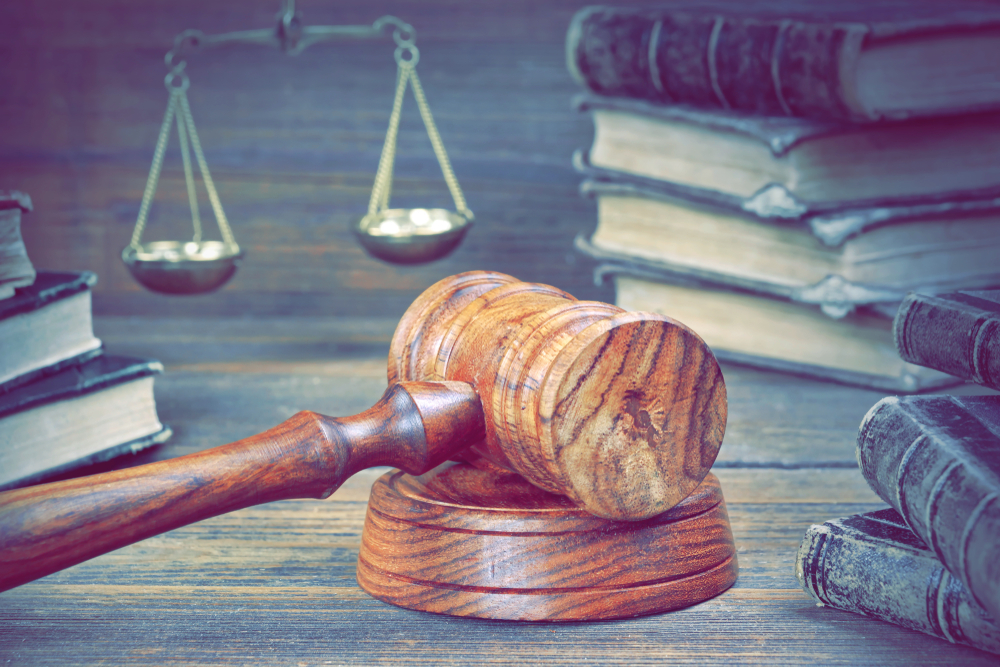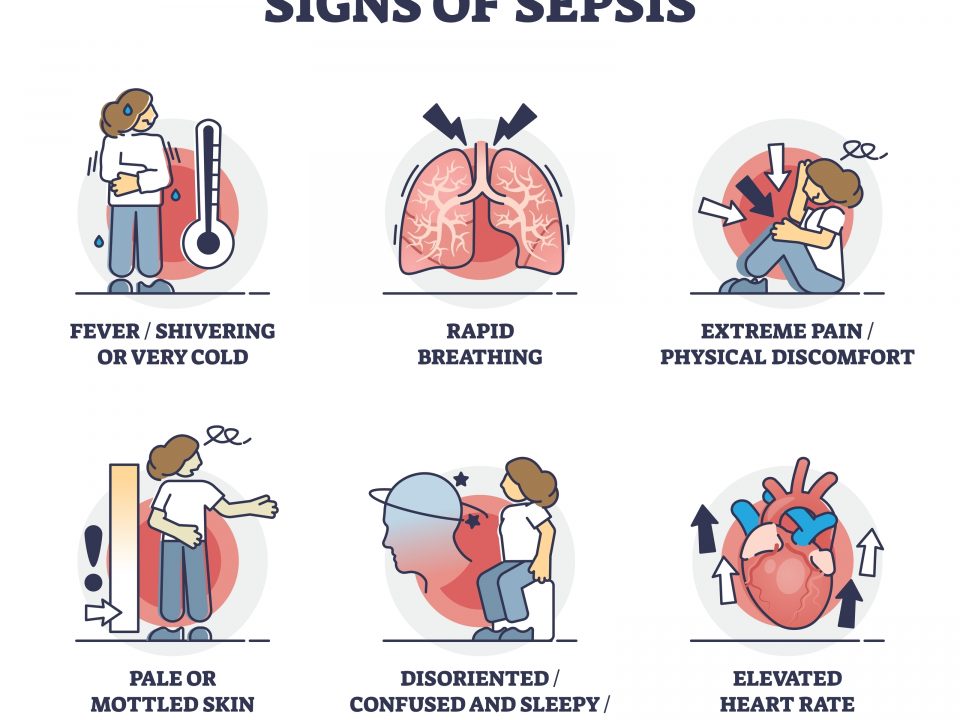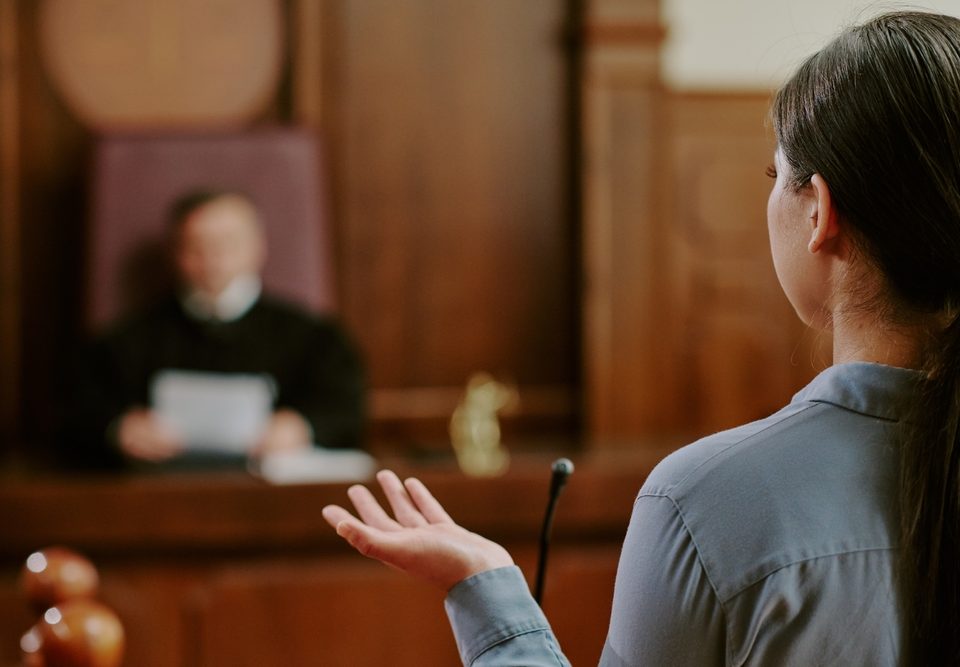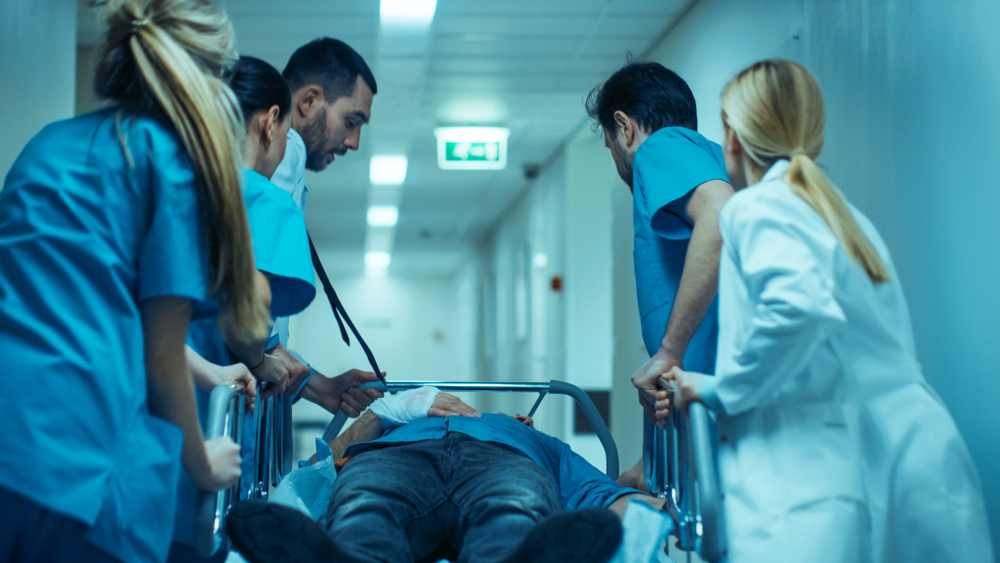
Neglect Contributed to Death of a Patient
2nd May 2024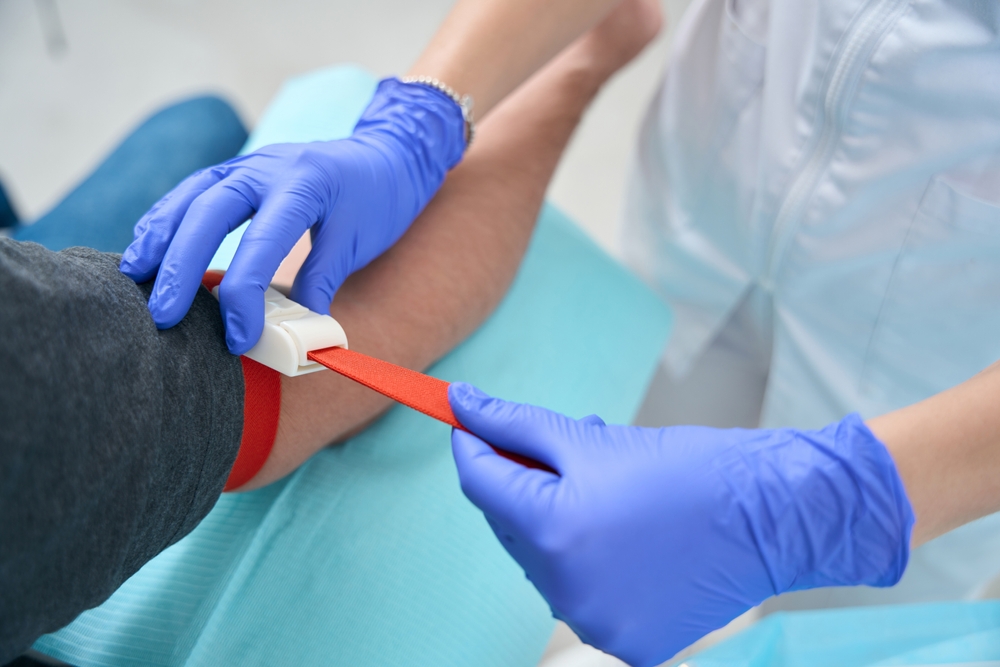
The Use of Tourniquets – An Ancient Technique Coming Back Into Use
29th May 2024Many of us remember that in examinations the answers that show your working out, get full marks.
Such advice may now be given to expert witnesses after the Supreme Court
decision in Griffith v TUI.
The background
Mr Griffiths went on an all inclusive holiday with TUI and during the holiday
developed severe food poisoning requiring admission to hospital and had
ongoing problems.
On returning from holiday he sought compensation from the tour operator. As
part of his case a microbiologist was instructed to prepare an expert report
and this was served by his solicitors to the defendants.
The defendants asked questions to the expert (as they were entitled to do
under CPR 35.6) and answers were given by the expert or these questions.
The case was initially heard in the County Court and the defendants did not
call any expert evidence and did not ask for the expert microbiologist to come
to court to be cross examined.
In closing submissions the defendant argued that the report was inadequate
and did not show that the infection was caused in the hotel as Mr Griffiths had
a small number of meals outside the hotel.
The County Court agreed with the defendant and dismissed the claim. Mr
Griffiths appealed and was successful in the High Court. It was again reversed
in the Court of Appeal (with a majority not unanimous decision) and finally
reversed again by the Supreme Court ( by a 4 to 1 majority).
The judgement of the Court accepted that the report was not comprehensive
and noted that the replies to the questions were “terse”.
They concluded however that there was sufficient detail in the report,
particularly the pathological evidence obtained during the hospital admission,
that on balance showed that the infection was caused by food from the hotel.
What are the lessons for expert witnesses.
I remember a programme on the radio where one of the rounds was called
“defend the indefensible” where the contestant had to defend a proposition
that was the opposite of what would normally be the correct proposition.
I also remember when undertaking some expert witness training being asked to take the opposite opinion to that in my report and argue for its correctness.What both of these allow one to do is to see an event or opinion as someone
critiquing your opinion might use to reduce the effectiveness of that opinion.
Putting in the report how, using the evidence available, you reached the
conclusion you did and why that evidence supports your conclusion rather
than any other conclusion, showing your working out in essence, will hopefully
lead to the opinions being accepted.
What are the lessons for Instructing parties
In the same vein instructing parties should ask the expert not only to provide an
opinion but how the evidence presented supports such a conclusion and not a
different conclusion particularly if such a conclusion is being argued by the other
party before trial.
What are the Lessons for opposing parties
What his judgement indicates that if a party wishes to consider a report is not
sufficient to prove on balance of probabilities the proposition they cannot ambush
such evidence in submissions at the end of a trial but must allow their challenge to
be considered by the expert in court under cross examination.
Conclusion
While brevity is a good habit to have when preparing reports, especially if they are
being prepared under the Intermediate Track where there is a strict page limit, not
having enough detail I the report for both parties to understand the conclusions
drawn may eventually involve much greater work and court attendance that could be
avoided by showing how any opinions were reached form the evidence.

